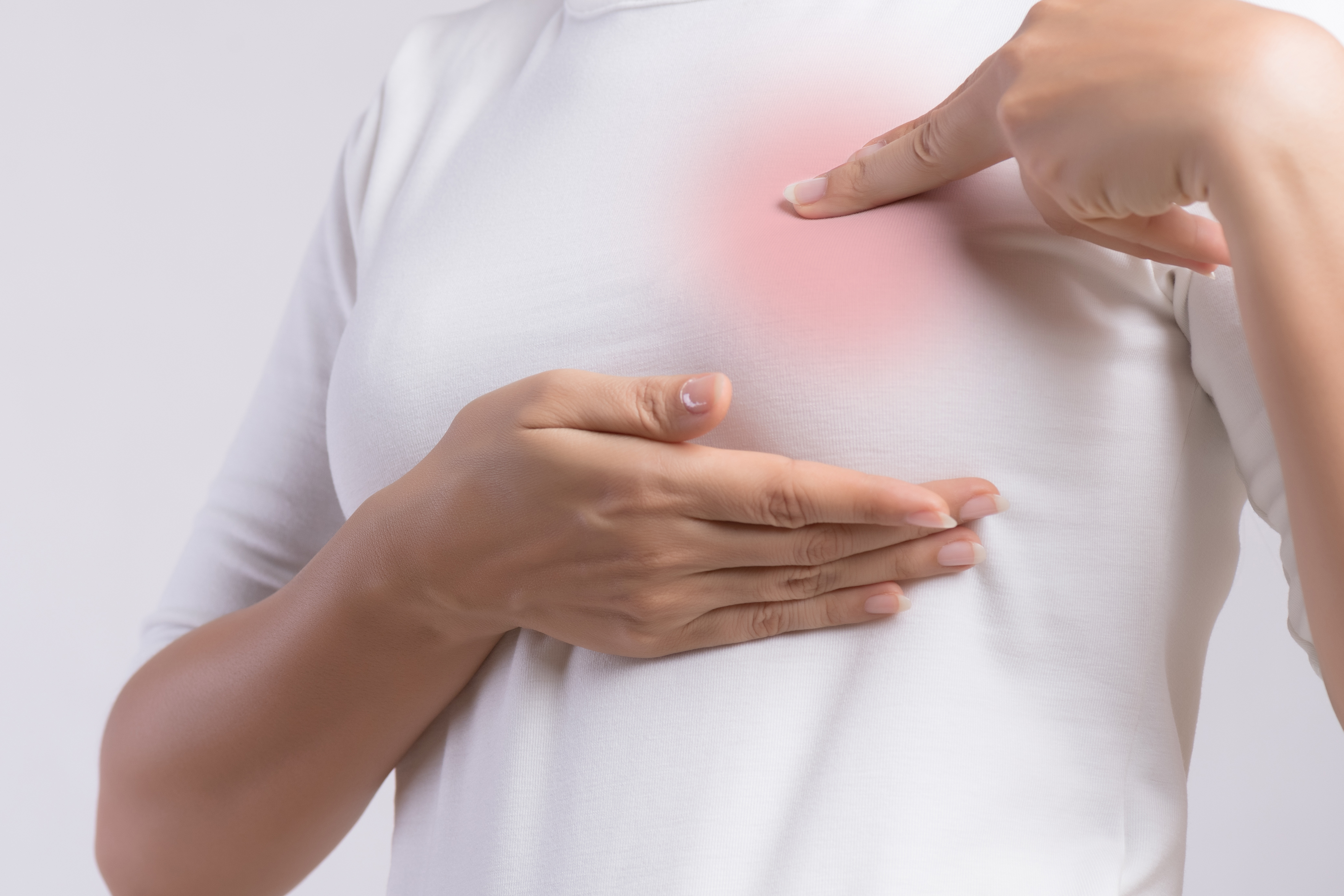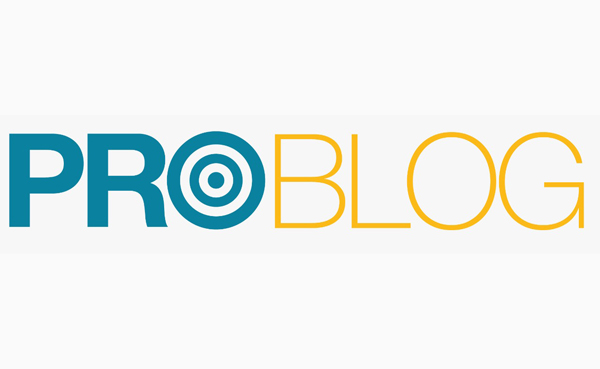Breast Cancer Prevention: How to Reduce Your Breast Cancer Risk
Breast cancer is the second most common cancer in women, with an estimated 1 in 8 women developing breast cancer during their lifetime.
Breast cancer occurs when breast cells divide and grow in an out-of-control way. When breast cells divide and grow abnormally, they can form a tumor that may spread to other parts of the body. The symptoms of breast cancer can vary but may include a breast lump, breast pain, changes in breast shape or size, dimpling or pitting of the breast skin, or redness in the breast area.
But don’t be discouraged! There are plenty of natural ways to prevent breast cancer risk and put yourself on a path to breast health. Breast cancer prevention is an important part of taking control of your breast health.
Here, we’ll provide some tips on how to prevent breast cancer naturally and help keep you healthy.
Ways to Prevent Breast Cancer
Oftentimes, we forget that breast cancer prevention starts with our lifestyle. How we live, what we eat, and how we take care of ourselves can all play a role in breast cancer prevention.
So, what to do to prevent breast cancer? Here are some of the most effective ways you can reduce your breast cancer risk:
Regular Physical Activity
Regular physical activity is one of the most important breast cancer prevention habits you can adopt. Aim for at least 30 minutes of moderate-intensity exercise on most days, such as brisk walking, jogging, swimming, or cycling. When you exercise, your body releases endorphins that can help reduce breast cancer risk.
Eat a Healthy Diet
Eating a healthy diet is another great breast cancer prevention strategy. Make sure to include plenty of fruits, vegetables, and whole grains in your diet. Eating a variety of healthy foods will help provide the nutrients you need to keep your breasts healthy and reduce breast cancer risk. There are plenty of breast cancer-fighting foods out there. Some common foods to include in your diet are avocados, tomatoes, broccoli, salmon, and flaxseeds.
Maintain a Healthy Weight
Being overweight increases breast cancer risk for women after menopause. Eating a healthy diet and exercising regularly can help you maintain a healthy weight and lower breast cancer risk. So make sure to prioritize your health and stay within the recommended weight range for your age and body type. To determine the right weight according to your age and body type, you can use a BMI (Body Mass Index) calculator.
Limit Alcohol Consumption
Alcohol consumption is linked to breast cancer risk, so limiting your alcohol intake is an important breast cancer prevention strategy. If you do choose to drink, keep it moderate and limit yourself to no more than one drink per day for women or two drinks for men. When you consume alcohol, make sure to alternate with a glass of water, and don’t forget to choose low-alcohol beverages.
Get Regular Breast Exams
It's important to get breast exams done regularly by your healthcare provider. During breast exams, your doctor or nurse will check for any lumps or abnormalities in the breast tissue that could be indicative of breast cancer. This is why it's so important for women over 40 to have regular breast exams. Talk to your healthcare provider about how often you should get breast exams based on your risk factors and history.
Limit Postmenopausal Hormone Therapy
Postmenopausal hormone therapy is done to relieve symptoms of menopause, such as hot flashes and night sweats. However, taking postmenopausal hormone therapy for longer than five years may increase breast cancer risk. Therefore, it's important to talk to your doctor about the risks and benefits of taking postmenopausal hormones before beginning any treatment.
Use of Oral Contraceptive Pills
Oral contraceptive pills are commonly used to prevent pregnancy, but they can also increase breast cancer risk. Such pills contain a combination of hormones that can increase breast cancer risk, especially for women who have used them for more than three years. Some of the common types of oral contraceptives to avoid include those containing both estrogen and progestin, as well as the mini-pill that contains only progestin.
Breastfeed More Often
Breastfeeding is thought to reduce breast cancer risk, especially if it is done for longer than one year. Breastfeeding helps reduce breast cancer risk by causing changes in breast tissue that make it less vulnerable to breast cancer-causing hormones. Plus, breastfeeding can help lower your body weight and provide you with many other health benefits as well. When breast milk is not released, the milk proteins tend to harden up and form lumps, so it’s important to breastfeed as often as possible.
Do Not Smoke
Cigarettes contain many cancer-causing chemicals that can increase breast cancer risk. In addition, smoking increases breast density which is also a breast cancer risk factor. So if you currently smoke, it’s important to quit as soon as possible for your breast health and overall health. Quitting smoking can be difficult, so talk to your healthcare provider about ways to help you quit successfully. For starters, you can try nicotine patches or gum or even join a support group to help you stay motivated.
Go for Regular Checkups
It’s important to go for regular breast cancer screenings, even if you don’t currently have any risk factors. Most women should start breast cancer screening at age 40 and continue until they reach 75. During breast cancer screenings, your healthcare provider will check for lumps or other abnormalities in the breast tissue that could indicate breast cancer. Make sure to talk to your doctor about how often you should get breast cancer screenings based on your individual risk factors.
Find Out About Your Family History
Cancer can be heriötary, so it’s important to know your family history. Ask your parents and other close relatives about any breast cancer diagnoses in your family. If you find out that someone in your family has had breast cancer, make sure to let your healthcare provider know so they can assess your individual risk for breast cancer. Based on this information, they can recommend how we can prevent breast cancer.
Conclusion
By following these breast cancer prevention tips, you can reduce your breast cancer risk and improve your overall breast health. Remember to talk to your healthcare provider about breast cancer screenings and other ways to prevent breast cancer. Taking charge of your breast health is a key step in reducing your breast cancer risk.

Copyright © 2023 Apollo Proton Cancer Centre. All Rights Reserved





